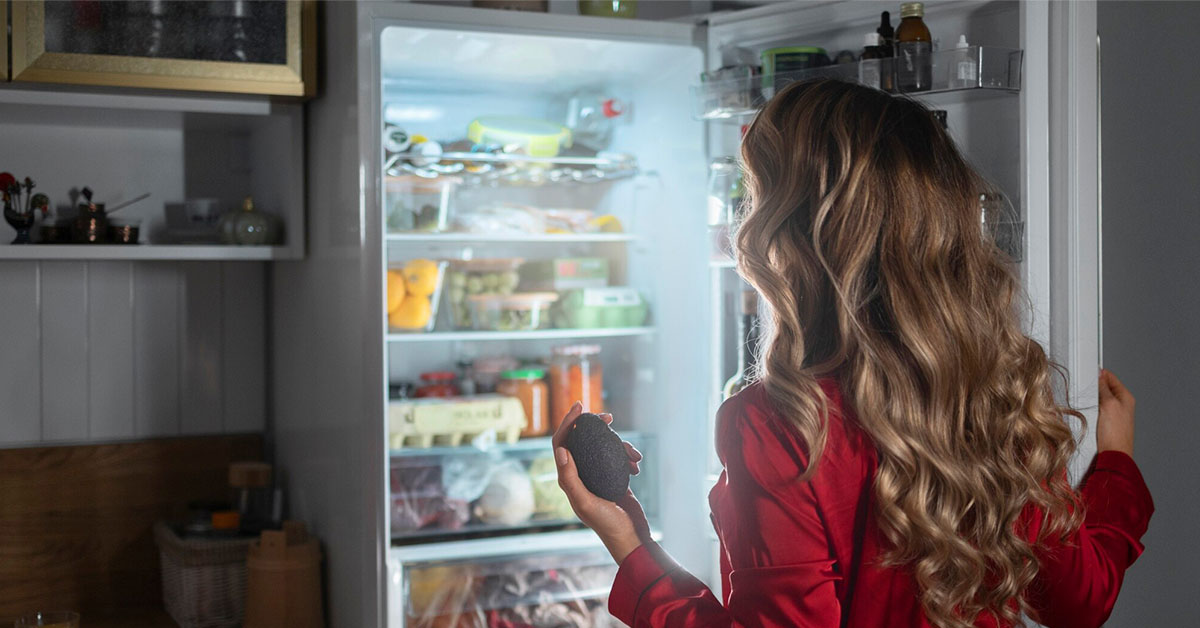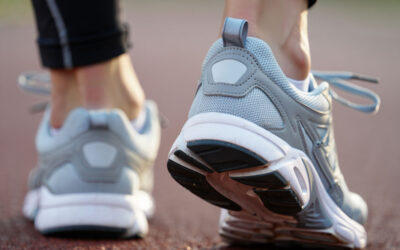If you’ve accepted the fact that your usual diet might be disrupted during the holidays, set a specific time to return to your regular eating habits. I’ll explain how and what to eat after the festive season.
After the Holidays: No Special Diets or Detoxes Needed
Post-holiday feasting doesn’t require special detox diets or restrictive plans. In fact, these measures could worsen your relationship with food. Simply return to your regular diet—hopefully, a healthy one.
How to Eat After the Holidays
If your metabolism is in good shape, the holidays shouldn’t result in significant weight gain. If you have gained weight, focus on movement, hydration, and making better food choices. Prioritize high-quality, minimally processed foods that are rich in fiber and protein.
If you weren’t regularly exercising before the holidays, now isn’t the best time to start. First, get back into your routine and adjust to your work schedule. Then, you can plan to introduce physical activity.
The holidays often overload our taste buds with excess salt, sugar, and fats. As a result, your taste receptors might have adapted to expect these flavors in every meal. This can make healthy foods like fruits, leafy greens, and lean proteins seem bland and unappealing. To counter this, use plenty of spices and healthy sauces to enhance the flavor.
If you overindulged in carbohydrates during the holidays, shift your focus now to proteins and fiber. If you consumed too much fat, prioritize fiber-rich foods.
If you notice digestive issues such as constipation, bloating, or heartburn, pay close attention to how your food is prepared. Opt for the healthiest cooking methods available.
What to Eat After the Holidays
To avoid feeling dull after the festivities, choose vibrant, crunchy, and juicy foods. Active green salads with crispy bell peppers, cherry tomatoes, cheese, salad spices, vinegars, fish, roasted meats, sweet potatoes, and starchy root vegetables can help you feel good and energized.
The best detox and recovery tool for your body post-holiday is water. Options like mineral water, warm water, or lightly salted water can all aid in recovery.
Avoid Extreme Measures
Don’t start fasting, drastically reducing your calorie intake, adopting a keto diet, or practicing intermittent fasting immediately after the holidays. Such measures can worsen your current state and negatively affect your eating behavior, potentially leading to weight gain in the long run.
First, re-establish your regular eating routine: stick to your usual number of meals, portion sizes, and meal timings. Once this routine is stable, you can explore strategies for weight loss if needed.






0 Comments